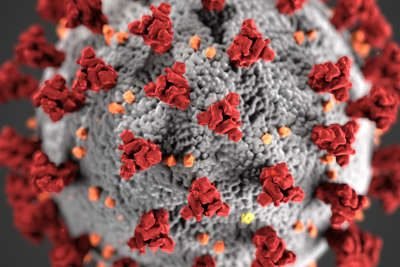Omicron variant likely cause
OLYMPIA — The state of Washington is seeing a spike in COVID-19 cases, and transmission is expected to rise in the coming weeks. While it is still too early to tell how much of the increase is due to Omicron, epidemiologists with the Washington State Department of health (DOH) agree that Omicron prevalence is increasing and is most likely the dominant strain.
While additional data are still being sent to the state, the largest single-day report of new cases so far occurred on December 24, with 6,140 new COVID-19 cases. Despite a recent increase in testing around the holidays, public health officials say the increase in new cases significantly outpaces the increase in testing. The number of cases is expected to continue to increase through the new year.
The spike in cases, together with the first cases of the flu this season, will likely mean increased hospitalizations in the near future, raising concerns about the state’s health care system. Washington state’s hospitals and clinics are already stretched and strained due to an exhausted and understaffed workforce who have been caring for more patients than ever before.
About Omicron
State Epidemiologist for Communicable Diseases, Scott Lindquist, MD, MPH, says Omicron likely has overtaken the Delta variant in Washington or will very soon based on sequencing information from the University of Washington, our state, and the CDC.
“What we are seeing now is the leading edge. Our focus is on getting a better picture of how and where Omicron is spreading,” he said. “It is not just about counting Omicron cases. It is about sampling the entire state so we can understand the prevalence of the variant beyond high-population areas. Washington state has one of the most extensive genotyping systems in the U.S., which allows us to track a variant’s spread faster than many other states.”
Studies are ongoing to determine the effectiveness of vaccines and therapeutic treatments, such as monoclonal antibodies and oral antivirals, against Omicron. Based on initial information, it appears that most monoclonal antibodies may not be as effective against this variant, although Sotrovimab, a medication that the FDA is allowing for emergency use to treat COVID-19, may be more effective against Omicron.
Early results also indicate that the initial vaccine series may be less effective at preventing infection with the Omicron variant, but still offer substantial protection against infection and severe illness. Receiving a booster dose may improve protection against severe disease with Omicron.

